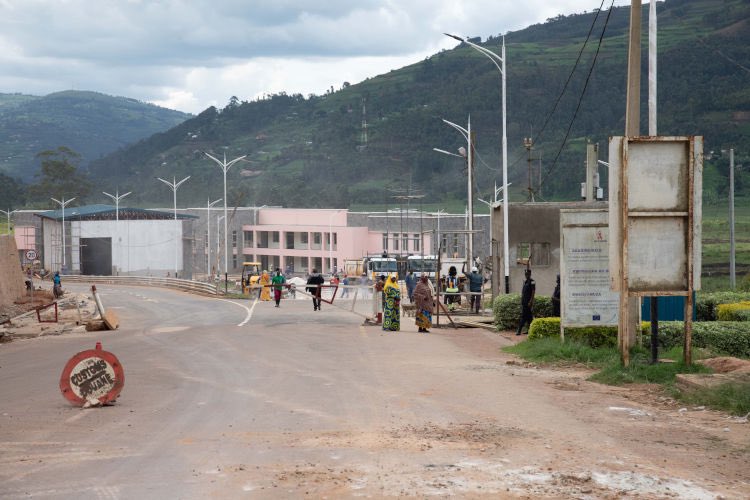The Electoral Commission’s Justice Simon Byabakama and his deputy, Hajat Aisha Luebga, have been reappointed for a further seven-year term.
Justice Byabakama was named Chairperson of the Electoral Commission in November 2016.
It is verified that President Yoweri Kaguta Museveni granted Byabakama and Hajat Aiisha Lubega another term in office in a letter to the Speaker of Parliament dated January 5, 2024.
Robert Kasule Sebunya, a former Member of Parliament for Kyandondo North in the Ninth Parliament and later Nansana Municipality in the 10th Parliament, is one of the fresh faces on the Commission.
Robert Kasule Sebunya has been employed by the Prime Minister’s Office as the Head of the Delivery Unit.
Dr. Sallie Simba Kayunga, a political science lecturer at Makerere University, is the other new face.
Additionally, Museveni added Anthony Okello, a former Kioga County MP, to the commission.
Additionally, Museveni reappointed Stephen Tashobya, a former Kajara MP, to the Commission.
After the seven-year tenure is out, he will serve his final term on the commission.
Tashobya’s profession is law.
He served in Uganda’s eighth and ninth parliaments.
During his tenure as the chair of the Legal and Parliamentary Affairs Committee, he gained prominence in the Parliament.
Pamela Etonu Okudi, who has served as the Commission’s acting head of administration, is also a member.
She was employed at the National Forestry Authority in the past.
It is anticipated that the newly appointed Commission will promptly proceed with carrying out the Strategic Plan, which was initiated during the fiscal years 2022–2026.
It ought to take up the task of organizing and managing the general elections in 2025 and 2026.
It was projected that two trillion, five hundred forty-one billion, four hundred eight million, eight hundred seventy-one thousand, and two hundred eight nine shillings would be needed to implement the strategy plan, which includes the 2025–2026 General Elections Roadmap.
The polling session for the 2026 General Elections was scheduled by the outgoing Commission to take place between January 12 and February 10, 2026.
Based on an analysis of EC’s performance during the previous five years, the departing commission had recorded some of the lessons.
Among these is the requirement for a greater emphasis on voter education and civic engagement in addition to information sharing within the community.
Concerns were voiced about the state of civic education during the most recent elections.
The team also recommended that the Commission’s interactions with the Ministry of Local Government, the National Identification and Registration Authority (NIRA), and the Ministry of Gender, Labour, and Social Development regarding citizen data, the establishment of administrative units, and the workers register be streamlined.
















